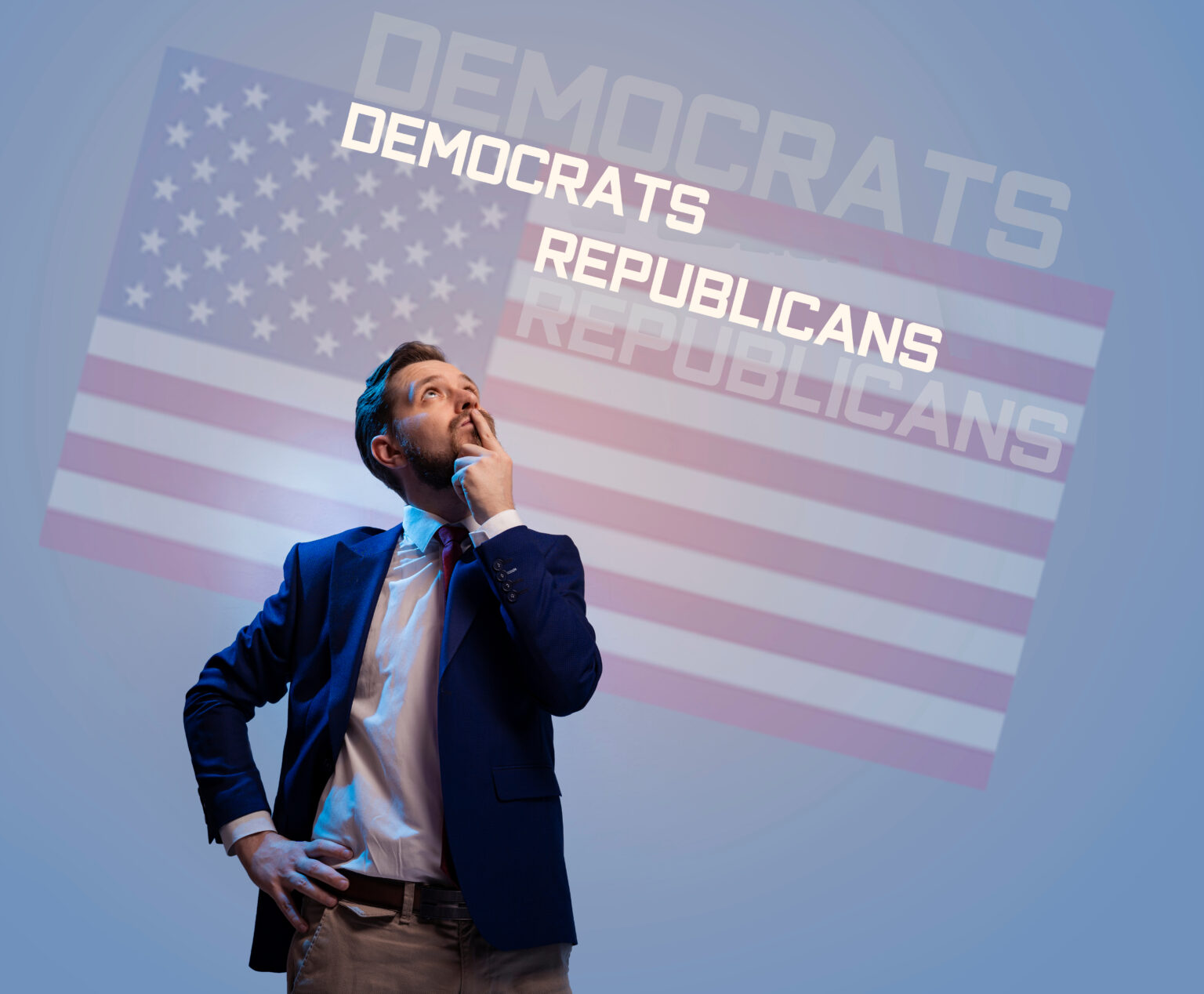Political Tensions Rise Amid Record-Breaking Shutdown
The government shutdown, now lasting a historic 37 days, shows no signs of resolution as Democrats grow emboldened by recent election victories. President Donald Trump has expressed frustration with his party’s performance, calling the shutdown a “big factor, negative” in Republican losses. Meanwhile, Democrats interpret the results as a mandate to hold firm, especially on health care subsidies that remain a central point of contention in negotiations.
Republicans Push for a Response
Senate Majority Leader John Thune described the next step as resting with Democrats, saying, “It’s in their court. It’s up to them.” Yet Senate Democratic Leader Chuck Schumer responded defiantly, claiming voters “fired a political torpedo at Trump and Republicans.” He added, “Donald Trump clearly is feeling pressure to bring this shutdown to an end. Well, I have good news for the president: Meet with Democrats, reopen the government.”
Trump has refused to engage with Democrats unless they first agree to reopen government operations. However, his calls to scrap the Senate filibuster have unsettled many Republicans who fear long-term consequences. In a video message, Trump argued that the 60-vote rule should be “terminated,” declaring, “This is much bigger than the shutdown. This is the survival of our country.”
Democrats See Opportunity to Stand Firm
Progressive groups and key Democratic figures see the recent elections as proof that their shutdown strategy resonates with voters. “Moderate Senate Democrats who are looking for an off-ramp right now are completely missing the moment,” said Katie Bethell of MoveOn. “Voters have sent a resounding message: We want leaders who fight for us.”
Sen. Bernie Sanders agreed, saying Democrats “have got to remain strong” and secure commitments on extending health care subsidies. However, not all Democrats are united on this approach. Sen. John Hickenlooper emphasized his desire to end the shutdown, saying, “I don’t feel that the elections changed where I was. I still feel I want to get out of the shutdown.”
Shutdown’s Growing Impact Across the Nation
While political leaders remain gridlocked, the effects on ordinary Americans intensify. The Federal Aviation Administration has announced a 10% reduction in air traffic across major markets due to staffing shortages. Millions have already faced disruptions to federal programs and missed paychecks, with more expected in the coming weeks.
Sen. Chris Murphy noted that it would be “very strange for the American people to have weighed in, in support of Democrats standing up and fighting for them, and within days for us to surrender without having achieved any of the things that we’ve been fighting for.”
Trump’s Approach Under Fire
Trump’s hands-off strategy contrasts sharply with his approach during the 2019 shutdown, when he personally negotiated with Congress. This time, he’s largely left discussions to centrist senators while continuing to reject Democratic demands on health care funding. The standoff extends to the House, where Speaker Mike Johnson dismissed election losses and refused to commit to future negotiations, saying, “I’m not promising anybody anything.”
Path to a Possible Deal
Any resolution will require agreement between both chambers of Congress and the White House, a tall order given the current divisions. Senators on the Appropriations Committee are working to restore normal budget procedures and secure votes on smaller funding bills. Yet the debate over Affordable Care Act subsidies remains a major obstacle.
Millions face higher insurance premiums as pandemic-era tax credits expire, and Democrats insist that resolving this issue must be part of any deal. Thune has offered a guaranteed vote on Democrats’ preferred health care proposal, but for many lawmakers, it’s not enough.
A Nation Waiting for Leadership
As the shutdown drags on, Americans face mounting uncertainty. Essential services remain frozen, federal workers continue to struggle without pay, and trust in Washington’s ability to govern weakens. Both parties appear determined to hold their ground, but the longer the standoff lasts, the greater the cost to the nation’s economy and morale. Whether Democrats’ post-election confidence or Trump’s insistence on Senate rule changes will shape the outcome remains unclear—but the pressure to act is rising fast.


